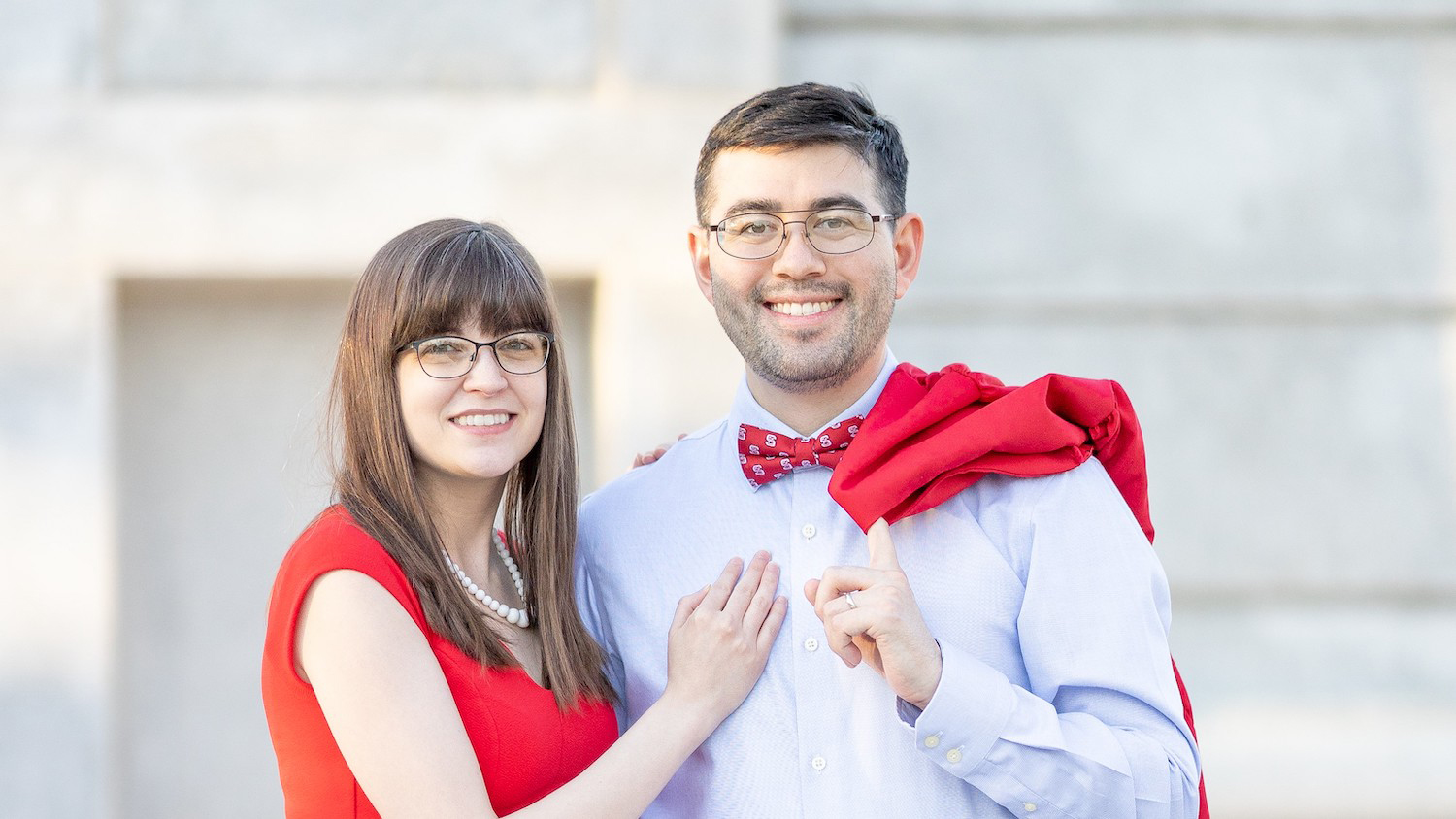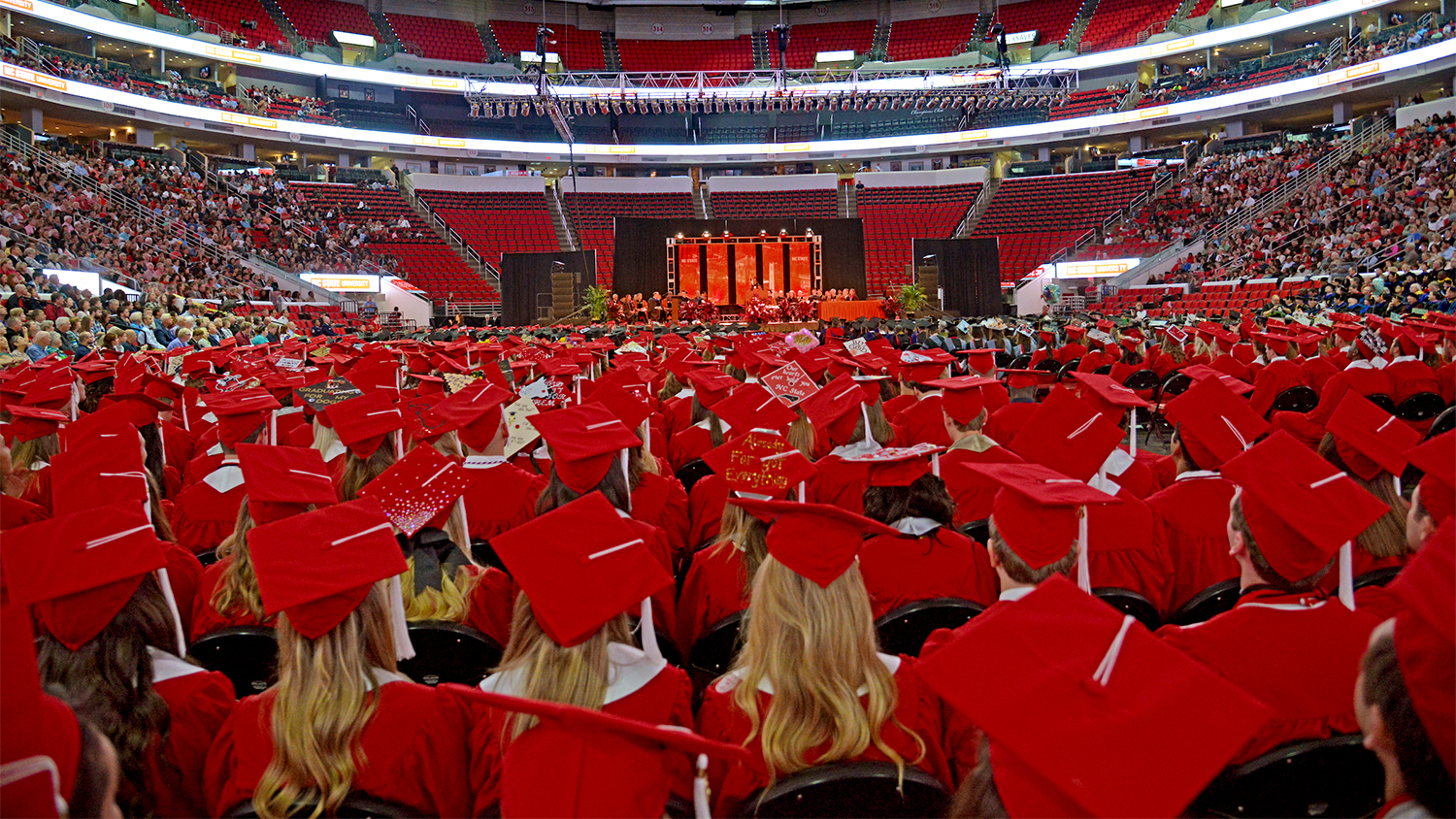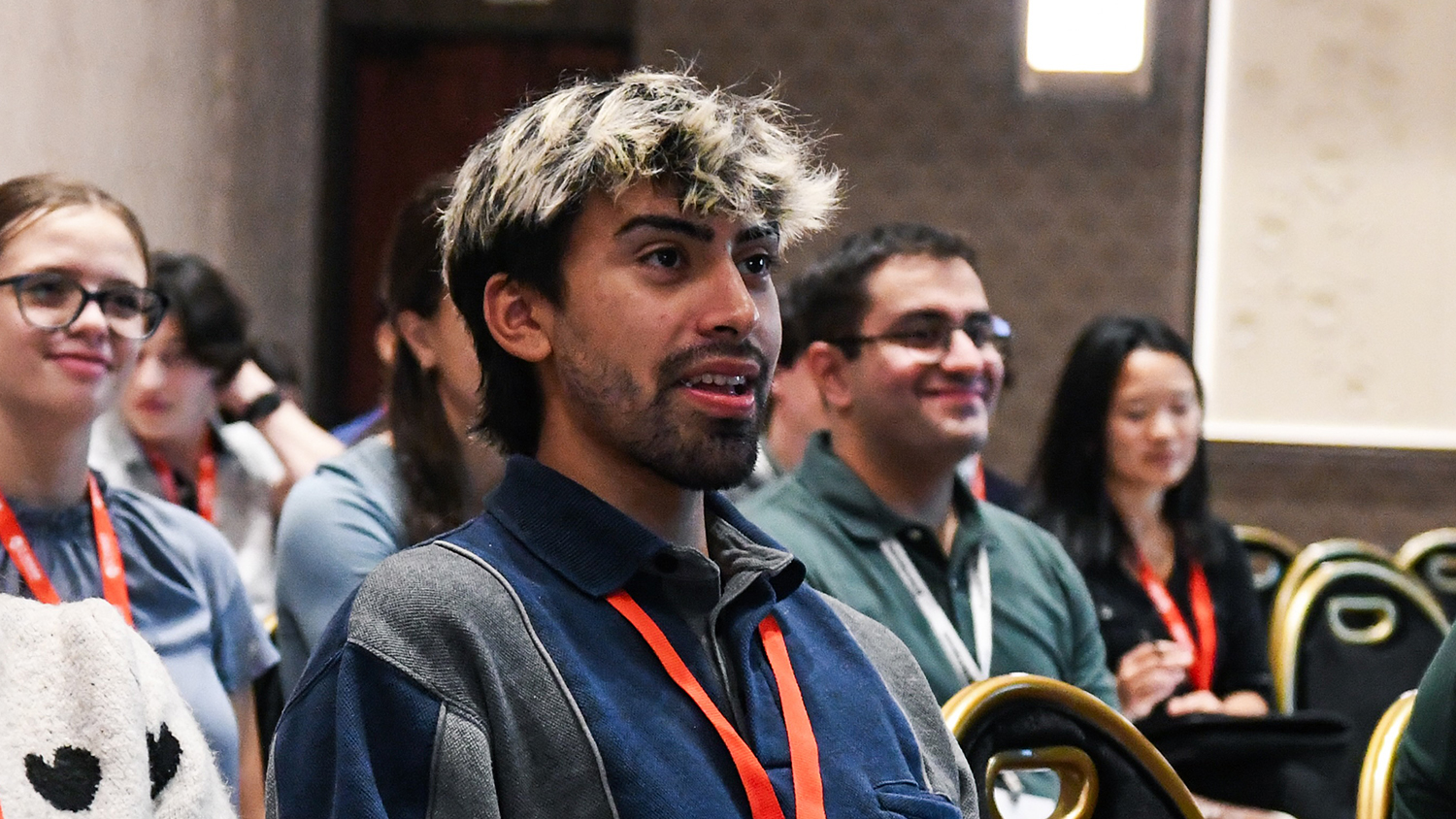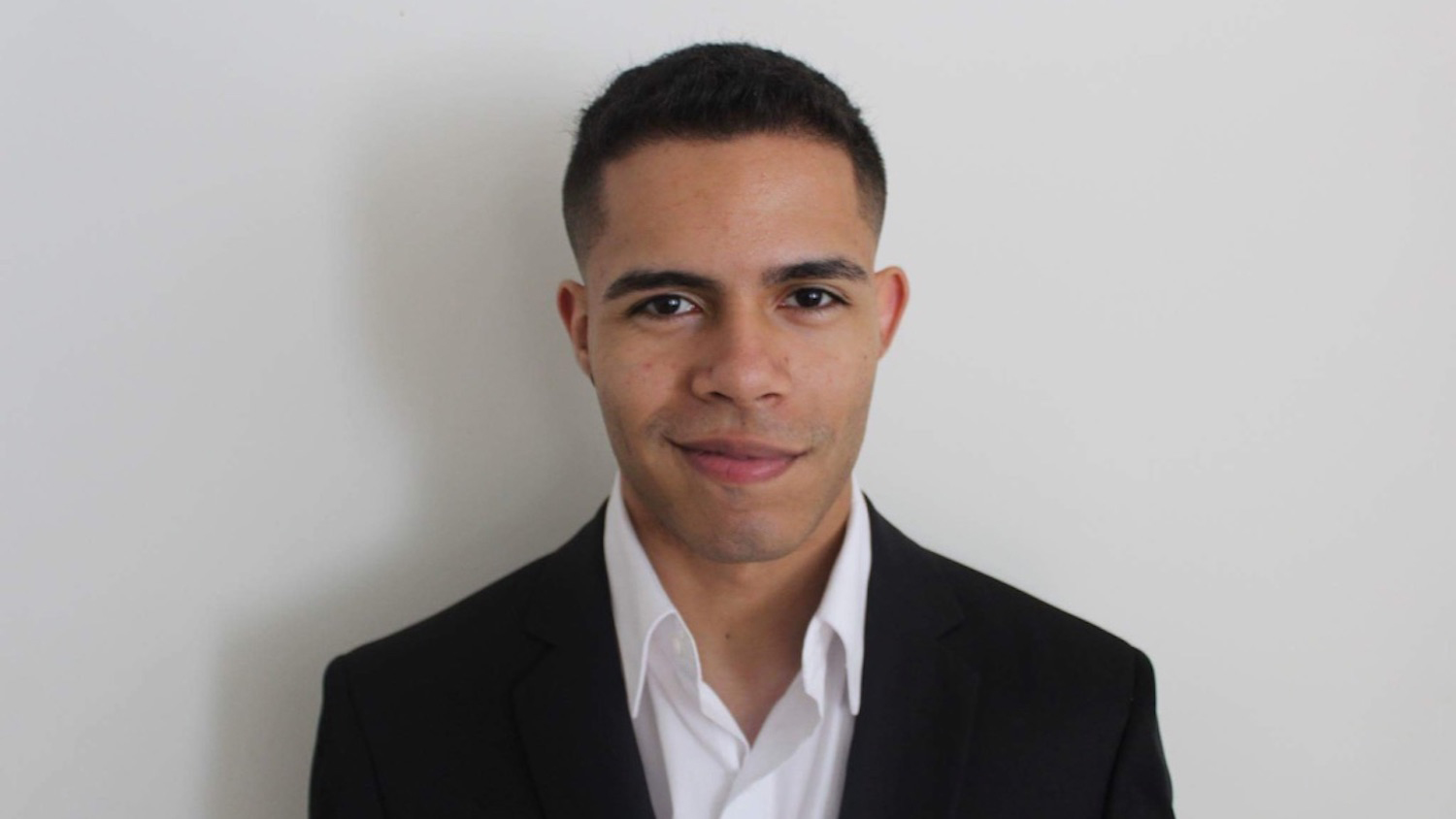Reignited passion for nuclear engineering
Senior Timothy Kiefer shares his unconventional path to pursuing a Ph.D.

For Timothy Kiefer, his path to graduating with his bachelor’s degree has been 10 years in the making.
When Kiefer was deciding on what university he would attend, he found the nuclear engineering program at NC State to be of great interest and saw it as a stepping stone in helping to achieve his career goal of becoming a nuclear officer for the U.S. Navy.
“I came to NC State with a Navy ROTC scholarship, my dad was in the Navy, grandparents and great-grandparents were in the military — so I had this general idea in my mind where I was going,” he shared.
But after a couple years at the university, Kiefer was not performing well in his classes and decided to withdraw and enlist in the U.S. Navy.
“When it comes down to it, I didn’t do well in that first year because I didn’t actually know what I wanted to do with my life. So, when I left, I was trying to go somewhere where I could hopefully find some direction for myself — and the military has a tendency of pulling people from all walks of life and bringing some discipline to them,” he said. “And that’s kind of what drew me to it, as I was familiar with it due to my family, and it was a place where I felt I could grow as a person without having to make every single decision in my life because the military provides the direction.”
In his first five years of enlistment, Kiefer spent time at the Defense Language Institute where he learned Farsi, worked as a translator and completed two deployments to the Middle East. During his sixth year, he was placed on a counterproliferation team as an intelligence analyst.
“I was only going to be there for the year as my contract finished up — but it was during that placement I was reintroduced to the nuclear field and wanted to learn more. So I decided to extend my time another two years and complete the placement,” he said.
Once his eight-year contract was complete, Kiefer talked with his now-wife Chelsea to figure out next steps. Should he go back and try to get his undergraduate degree in nuclear engineering? Would he be successful this time?
“The Navy taught me how to adult, so to speak. You are thrown into situations where you need to learn to be responsible, you learn time-management and how to prioritize tasks,” he said. “So when I decided to reapply to NC State and work toward my degree, I knew I had the skills to do well and some perspective on what I was coming in with this time around.”
“When I left, I was trying to go somewhere where I could hopefully find some direction for myself — and the military has a tendency of pulling people from all walks of life and bringing some discipline to them.”
Since his return to NC State in 2020, Kiefer has excelled in his studies. He has earned a spot on the Dean’s List every semester, was selected for the Rickover Fellowship Program in Nuclear Engineering, and joined research professor Scott Palmtag’s research group where they are conducting modeling and simulation for advanced nuclear reactor designs.
“Dr. Palmtag was the first professor I had when I returned and upon finishing his class he asked if I was interested in doing research with him. I didn’t know that was an option at the time but gave it a try and never left,” Kiefer shared, who has been a part of the research group for the last two years.
As graduation approaches, Kiefer has lined up an internship with GE in Wilmington, NC, supporting the Advanced Reactors Group — further exploring facets of reactor physics. And when summer is over, he is making a return to campus to continue his research from Palmtag’s group and exploring it further as part of the Ph.D. program.
“NC State has one of the best nuclear programs in the country — really the world at the university level — so it would be hard to leave this program,” Kiefer said, who will have an anticipated graduation date of spring 2026 with his Ph.D. “I have really come to appreciate and love so much about this field thanks to the great faculty that I have interacted with — even those who I’ve had limited interactions with — it’s all had a positive impact.”
- Categories:


